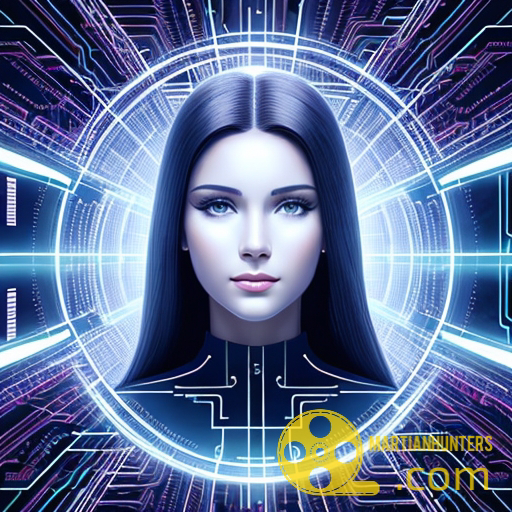Throughout history, certain individuals have stood out as brilliant minds, revered for their groundbreaking ideas and revolutionary theories. These figures have often been labeled as geniuses, celebrated for their remarkable insights into the nature of the universe, human behavior, and the cosmos. However, there exists a fascinating dichotomy between the admiration we hold for these perceived geniuses and the fact that many of their theories remain unproven, challenging our notions of what constitutes genuine intellectual prowess. This article delves into the lives and ideas of such individuals, shedding light on the enigmatic world of unproven theories.
The Power of Imagination: The Past
1. Pythagoras - The Mystic Mathematician
Pythagoras, the ancient Greek philosopher and mathematician, is celebrated for the Pythagorean theorem that bears his name. While this theorem is undeniably foundational to geometry, much of Pythagoras's work delves into the mystical realm of numbers and their supposed connection to the cosmos. His theory of the harmony of the spheres, which posited that celestial bodies emitted musical notes based on their orbital speeds, remains an intriguing yet unproven concept.
2. Leonardo da Vinci - The Renaissance Polymath
Leonardo da Vinci's brilliance extended across art, science, and invention. He envisioned designs for helicopters, tanks, and numerous other innovations centuries ahead of his time. Yet, many of his ideas were too advanced for the technology of his era and have remained unrealized. His sketches and notebooks are filled with hypotheses and blueprints that continue to inspire modern researchers, but remain unproven in practice.
The Uncertainties of Today
1. String Theory - A Multiverse of Possibilities
String theory, a concept in theoretical physics, suggests that the fundamental building blocks of the universe are tiny, vibrating strings. It seeks to unify the fundamental forces of nature but has yet to yield definitive experimental evidence. While the mathematics behind string theory is elegant and intriguing, its lack of empirical validation raises questions about its status as a genuine breakthrough or a brilliant yet unproven notion.
2. Simulation Hypothesis - Are We Living in a Digital Realm?
The simulation hypothesis posits that our reality might be a computer-generated simulation, a concept that has captured the imagination of many. Influential figures, including philosopher Nick Bostrom, have discussed the possibility that highly advanced civilizations could create such simulations. However, due to the speculative nature of the idea and the lack of concrete evidence, it remains firmly in the realm of intriguing speculation rather than proven fact.
The Paradox of Genius
The allure of unproven theories often lies in the sheer brilliance of the minds behind them. It is important to recognize that the history of science is punctuated by leaps of imagination that eventually led to validated breakthroughs. However, there is a fine line between pushing the boundaries of knowledge and venturing into speculative territories that lack empirical support.
Jim's Thoughts...
The perception of genius is a complex interplay between the imaginative power of the human mind and the need for empirical validation. While many individuals of the past and present are celebrated for their visionary ideas, it is essential to distinguish between genius that paves the way for progress and genius that exists within the realm of unproven theories. As we continue to explore the mysteries of the universe, our admiration for these brilliant minds serves as a reminder that even the most visionary ideas must ultimately stand the test of evidence to become true breakthroughs.



Comments
Post a Comment